5 Intelligent Reasons to Incorporate Quinoa into Your Diet
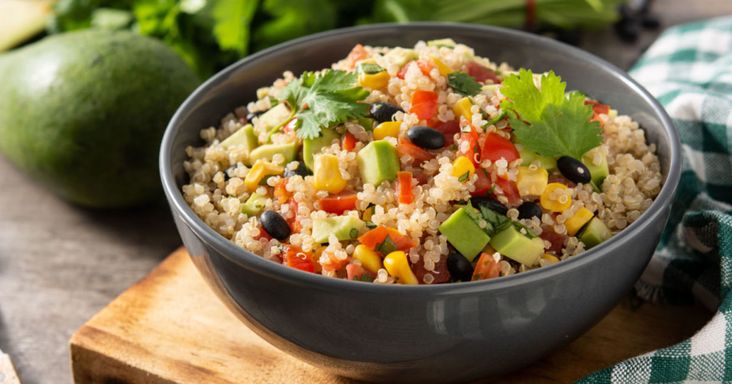
Quinoa has been growing in popularity in the US and other Western countries the last few years. But people have been cultivating in the Andes regions of South America for over 5,000 years.
That’s because this gluten-free pseudocereal grain – which is basically a seed that is prepared like a grain – comes with some amazing health benefits, according to Healthline. There are over 120 types of quinoa but most supermarkets carry three varieties, white, red, and black. It is fast cooking and can be used in a large variety of recipes. If you are in a rush, you can use quinoa flakes that contain all the nutrients but cook faster.
Nutrient Rich
Quinoa is a nutrient dense food that is packed full of vitamins like folate, riboflavin, B6 and B1, minerals like manganese, phosphorus, copper, undefined and iron, protein, and fiber. Just one cup contains 5.18 grams of fiber. In fact, quinoa contains more fiber than other popular grains including brown rice.
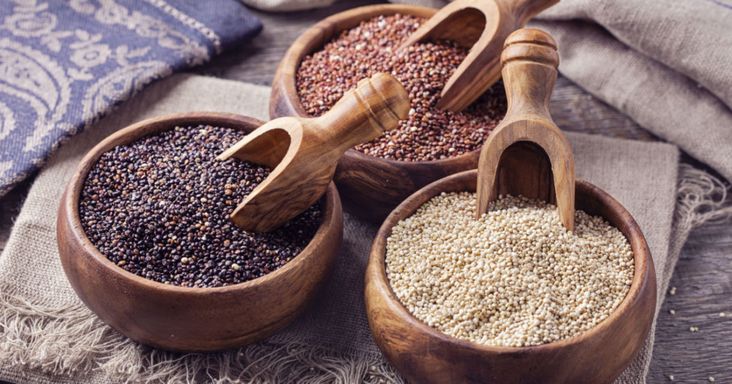
Contains Powerful Antioxidants
Quinoa is a good source of antioxidants and contains quercetin and kaempferol, powerful plant-compounds, especially when compared to other gluten-free grains, reported Medical News Today. Antioxidants fight against the free radicals that cause chronic conditions like diabetes, heart disease and even some cancers. Quercetin may even help your body fight infections and inflammation.
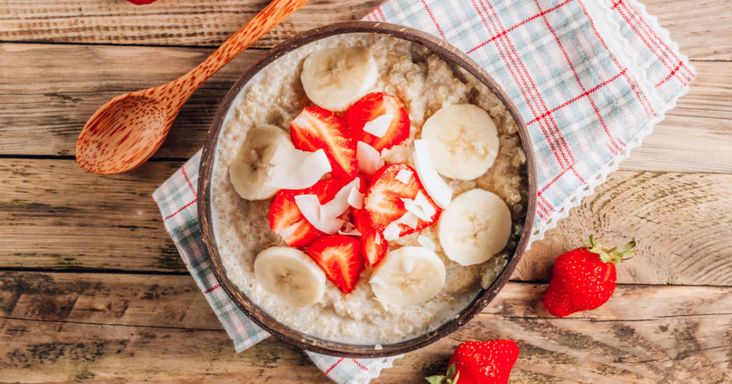
Excellent Plant-Based Protein Source
People who do not eat animal proteins and follow a vegan or vegetarian diet can eat quinoa because it contains a large range of amino acids that support your immune system and other essential functions. There are nine essential amino acids that can only be found in food, according to WebMD, and quinoa contains all nine. While quinoa is not a complete protein – as commonly thought –, it is the most complete of any plant-based proteins.
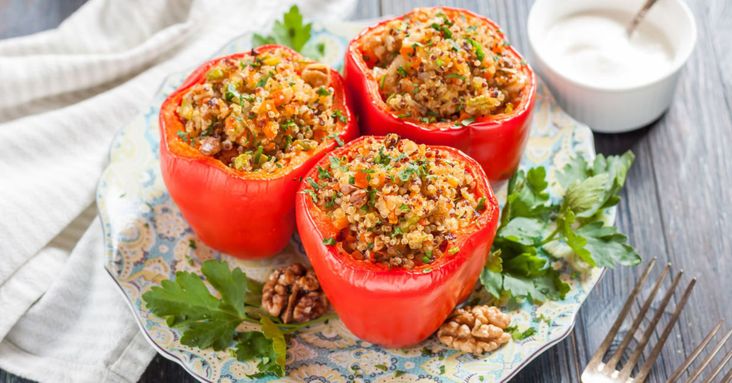
Good for Your Gut
Quinoa is good for gut health because of the high amount of fiber it contains. Eating enough fiber can help reduce the risk of constipation and help keep you regular. Fiber-rich foods also promote a healthy gut Microbiome which, according to Healthline, is good for your digestive health and overall health.
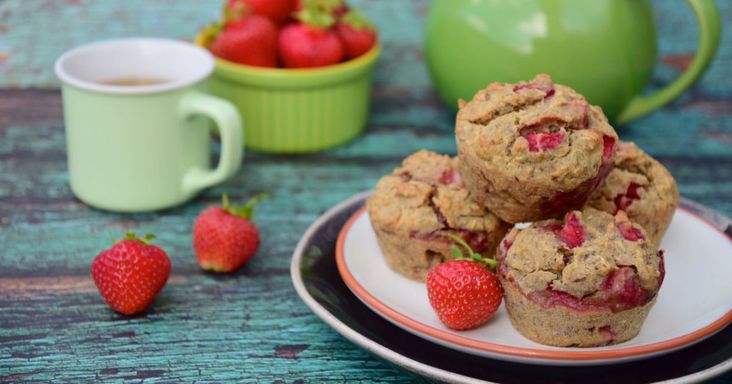
Promotes Heart Health
The fiber and antioxidants in quinoa could also help promote heart health by lowering cholesterol, a leading cause of heart disease and strokes. According to Medical News Today, quinoa also contains vitamin E, an antioxidant that could reduce the risk of coronary disease.
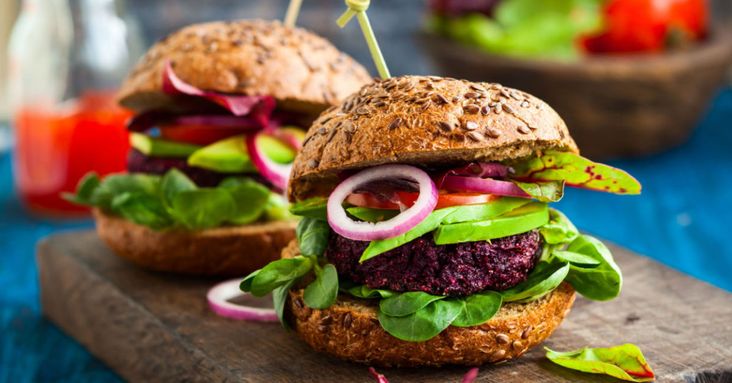
YOU MIGHT ALSO LIKE:
5 Easy Ways to Add More Fiber to Your Diet
This Vegan Shopping List is Good for Everyone
10 Healthy Sources of Plant-Based Protein You’ll Love